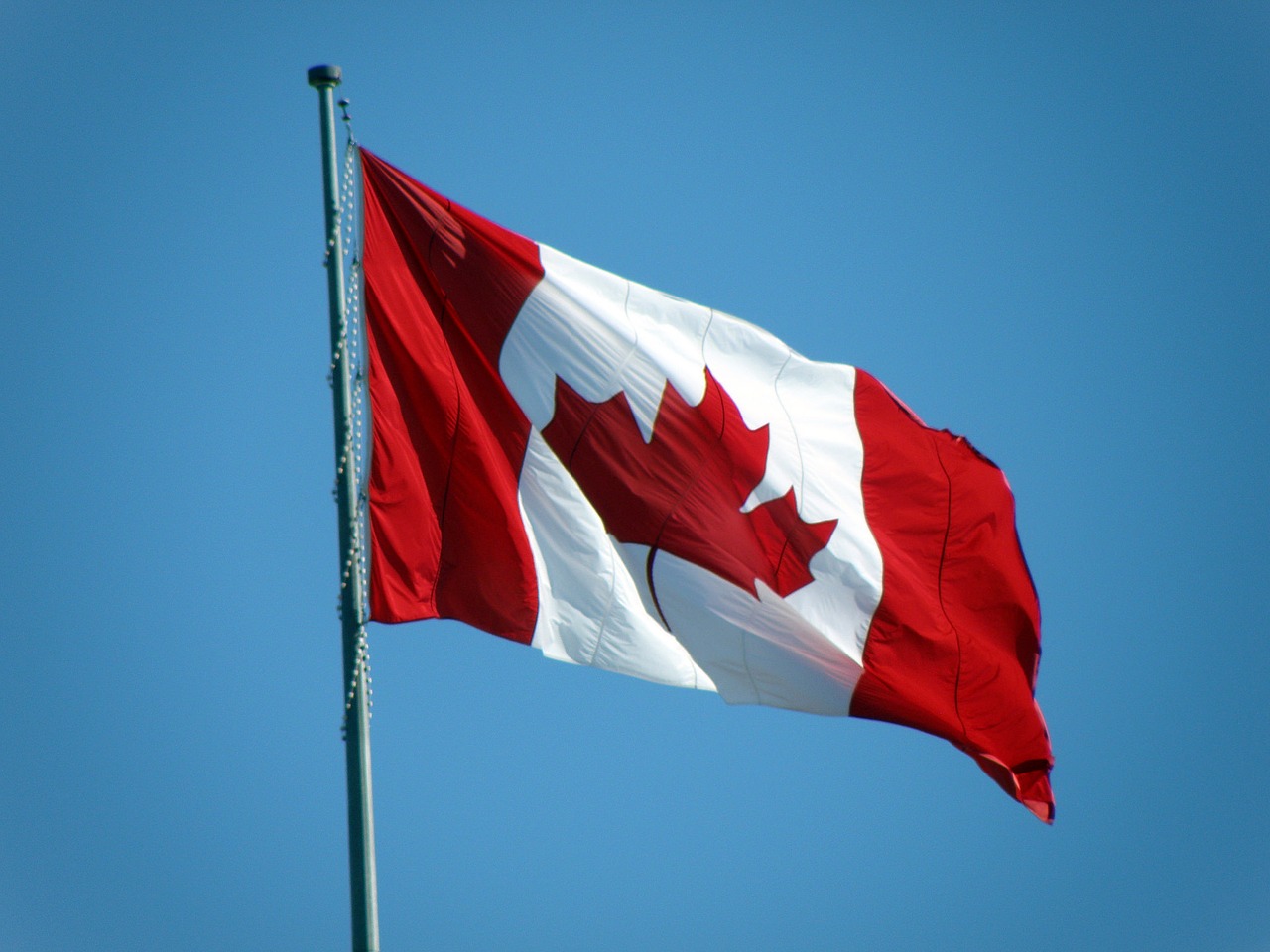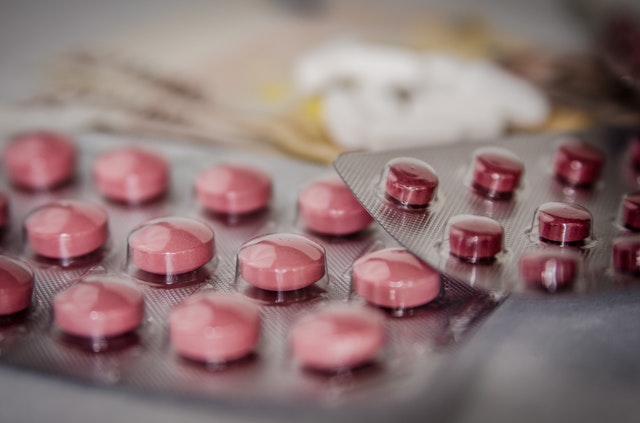Your safety should be the number 1 priority during a disaster.
Mother Nature is no laughing matter. We are taught that lesson time and again, most recently with hurricane Harvey, and we’re about to see it again with Hurricane Irma barreling towards the Florida coast.
Hurricanes and other disasters can be especially hard on people with chronic health conditions or disabilities. These events can show themselves in different ways.
I was on lockdown in Boston for a few days after the Marathon bombing; I had to ride out the aftermath of Hurricane Irene on Long Island for several days without electricity, or I have even been snowed in for a few days at a time; It was a long time ago, but I also remember feeling a little helpless on 9/11.
It is important to take proactive steps to be prepared for the worst.
To that point, I think we are learning a lot of hard lessons from Gulf Coast, and now it’s time to apply them to our lives as some of us are going to be dealing with another potentially catastrophic weather event.
In the case of people with CF, it’s absolutely critical that we stay in touch with our CF clinics during these times.
Ready.gov shows the usual list of critical supplies during an emergency – they call it the Emergency Kit.
Beyond food, water and things like that, in times of emergency where I may lose power for an extended period of time or I may have to shelter in place, I try to make sure I have enough medical supplies to make sure I can get through a week, at the very least. These are some of the most critical things I aim to have available as they relate to my health:
- Battery operated, or car charged Mobile nebulizer
- Enough Neb-Cups for at least 7 treatment sessions
- Ice packs/freezer bags for refrigerated medications
- All of my oral medications
- All of my nebulized medications
- 7 days worth of bolus feeding supplies (I’m willing to give up the overnight feeds for a week if I can supplement with daily bolus feeds).
- Anything else needed to successfully complete my treatments (syringes, alcohol swabs, etc.)
- Vest?
If an evacuation (something I’ve never had to do, but I am prepared) is ordered, then it’s time to prioritize things based on your specific needs as a patient.
For me, the first few things on my list are my oral and nebulized medications, and whatever they may require to be administered (neb-cups, syringes, alcohol swabs, etc.). If I can, I’m going to put every single med that I have into my bag. Those are small, easy things to carry. Since sterilization may be impossible, I need enough of the reusable pieces to get me through at least a week.
Next comes the mobile nebulizer so I can continue respiratory care on the move. They are usually about half the size of a normal nebulizer and are something that can be used pretty much everywhere. Most of them run on battery and can also be powered using a normal electric source, or even a car.
My feeding tube supplies come next on the list. Maintaining decent nutrition is critical as far as energy consumption goes. If I’m on the move, it’ll most likely be impossible to do overnight feeds, so I’d have to make space to carry enough formula for bolus feeds, for about a week.
The last pieces are the biggest question marks – what about larger machines like the Vest or sterilization equipment? I think it probably depends on where you are going, how you are getting there and whom you may be going with. Are you carrying all this stuff alone? Do you have transportation? Are you going to a temporary location, or is it something more reliable like a friend’s home?
Finally, I will ALWAYS have a list of my medications as well as a list of my allergies, should I find myself in a physical emergency where I need medical care.
Here are some other things I may consider depending on the emergency:
- Are all of my prescriptions filled?
- If the electric goes out, how can I do my treatments?
- Is my mobile nebulizer charged? Is the mobile nebulizer’s electric adapter for the car working?
- How many neb-cups do I have available?
- If I lose running water, how will I sterilize my neb-cups?
- How much feeding tube formula do I have? Are my feeding tube extenders and syringes ready for use?
- How can I keep refrigerated medications cold?
- How can I get to a medical clinic?
- Have I spoken to my CF team?
Ready.gov also has a lot of good information about disaster preparedness for all sections of our population, including people with disabilities. Some points include:
-
Create a support network. Keep a contact list in a watertight container in your emergency kit.
-
Be ready to explain to first responders that you need to evacuate and choose to go to a shelter with your family, service animal, caregiver, personal assistant, and your assistive technology devices and supplies.
-
Plan ahead for accessible transportation that you may need for evacuation or getting to a medical clinic. Work with local services, public transportation or paratransit to identify your local or private accessible transportation options.
-
Inform your support network where you keep your emergency supplies; you may want to consider giving one member a key to your house or apartment.
-
Contact your city or county government’s emergency management agency or office. Many local offices keep lists of people with disabilities so they can be helped quickly in a sudden emergency.
-
If you are dependent on dialysis or other life-sustaining treatment, know the location and availability of more than one facility.
-
If you use medical equipment in your home that requires electricity, talk to your doctor or health care provider about how you can prepare for its use during a power outage.
-
Wear medical alert tags or bracelets.
Ultimately no one is immune from these things. Remember to listen to people in positions of authority, understand the best way for you to get help and keep your health prioritized.
Always feel free to reach out to your CF clinic or city officials for help!





